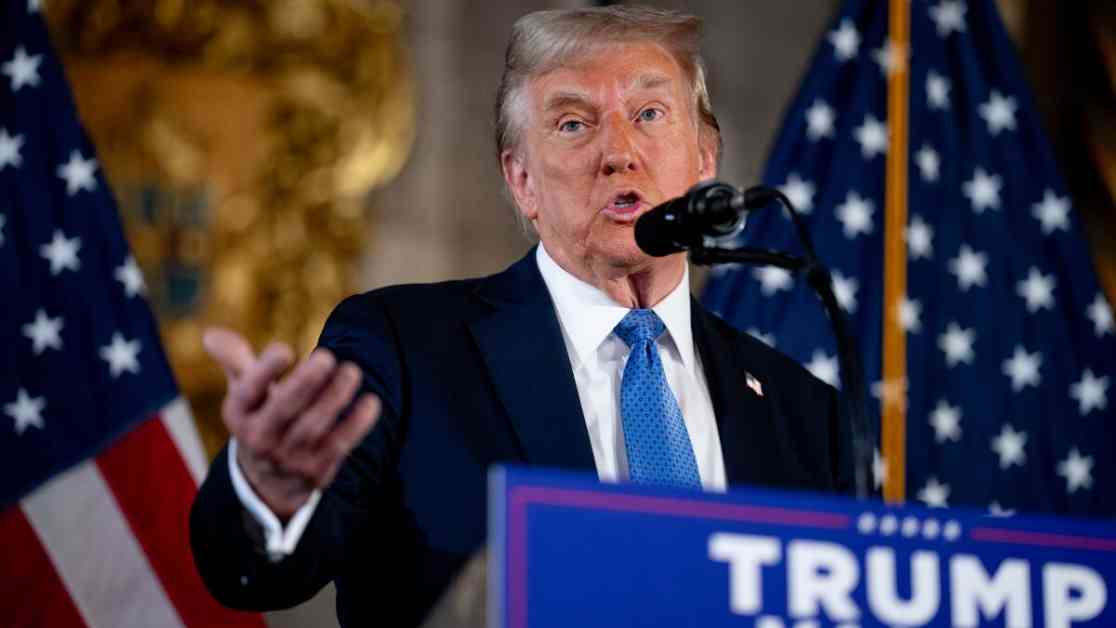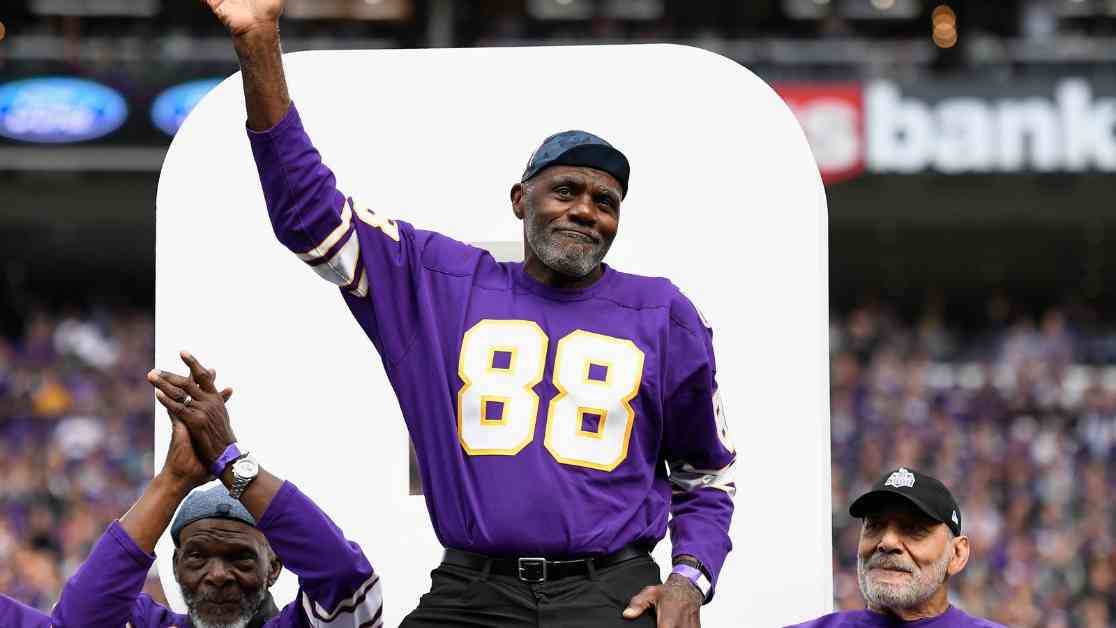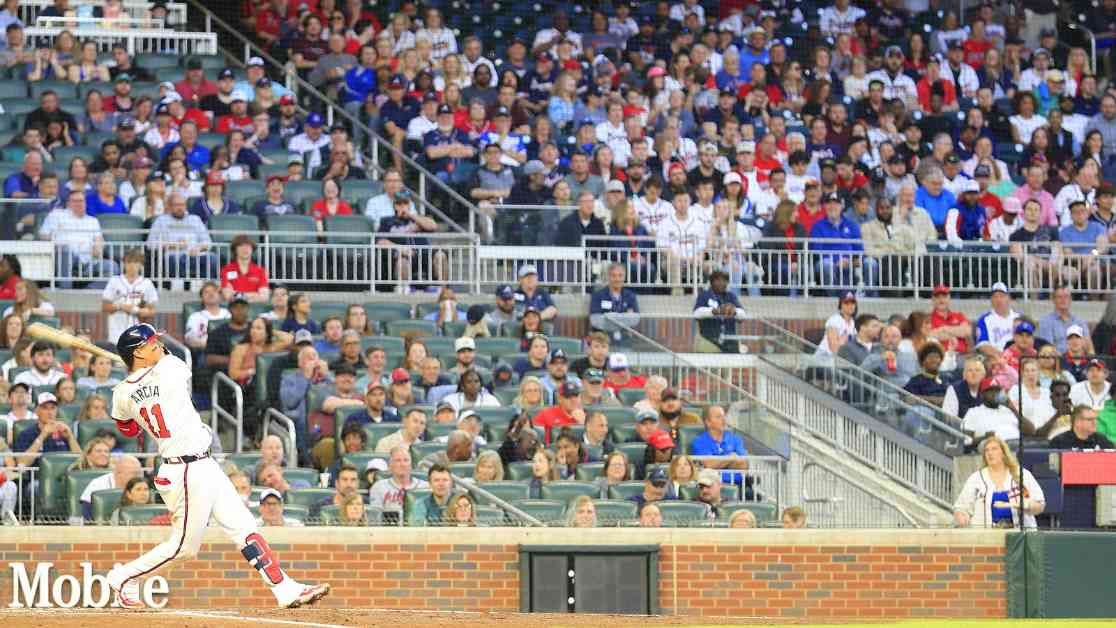President-elect Donald Trump has taken legal action against an Iowa pollster and newspaper, accusing them of intentionally skewing poll results to benefit Vice President Kamala Harris during the November election. The lawsuit, filed in Polk County, Iowa, targets pollster J. Ann Selzer, the Des Moines Register, and the newspaper chain Gannett. Trump alleges that the defendants engaged in fraudulent practices and election interference by misleading the public about the election outcome.
Support for Trump’s Lawsuit
Some of Trump’s supporters have rallied behind the lawsuit, echoing his claims of bias and manipulation in the polling process. They argue that the poll results were intended to create a false sense of inevitability for Harris in the final days of the election. Despite the lack of concrete evidence supporting these allegations, Trump’s legal team is pursuing the case under the state’s Consumer Fraud Act.
Expert Commentary and Legal Analysis
Legal experts and election law scholars have expressed skepticism about the lawsuit’s prospects for success. Election law expert Rick Hasen believes that the case is unlikely to prevail, citing the stringent requirements for proving defamation in cases involving public figures. He emphasizes that the First Amendment protects speech activities, including polling data dissemination, from legal challenges like the one brought by Trump.
Partisan Reactions and Press Freedom Concerns
The lawsuit has sparked a divisive response among political commentators, with progressives questioning the validity of Trump’s claims and conservatives raising concerns about media bias and manipulation. Press freedom advocates warn that such lawsuits could have a chilling effect on news gathering and reporting, particularly in an era of heightened political tensions and financial challenges for journalism organizations.
As the legal battle unfolds in Iowa, the broader implications of Trump’s lawsuit on free speech and media integrity remain at the forefront of public discourse. The case serves as a stark reminder of the complexities and controversies surrounding election polling, media coverage, and political accountability in a rapidly evolving digital age. The outcome of this lawsuit will undoubtedly shape the future landscape of journalistic practices, legal protections, and public trust in electoral processes.



























